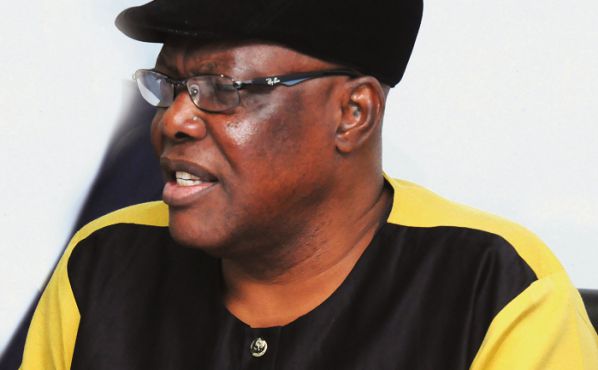Guidline to ensure sanity in the broadcast of religious content has been launched in Accra by the National Media Commission (NMC).
The guidelines comprise seven point principles and 12 rules, and have been designed in a blue and white poster format to be displayed in all media houses.
They follow many years of public concerns over the use of the media by various religious bodies to violate human rights and manipulate the vulnerable.
Among others, the guidelines state that religious broadcasts should respect the constitutional provisions relating to freedom of religion and free expression.
As a rule, the guidelines also state that religious broadcast should not involve any abuse, exploitation, intimidation and manipulation of people, especially the vulnerable: and should reflect respect for fundamental human dignity.
Before launching the guidelines last Wednesday, the Chairman of the Commission, Nana Kwasi Gyan-Apenteng, described the abuse of the media by some religious leaders as ‘religious gangsterism’, and said religious broadcast must be a tool for dialogue and for interfaith collaboration instead of preaching division and hatred.
Purpose
He explained that the purpose of the guidelines was to improve the quality of religious broadcasting and make for a better understanding of religious practices.
He said the guidelines were not to proscribe the ways of worship for any religion but rather set standards for the broadcast of religious activities and to sanitise the airwaves.
Nana Gyan-Apenteng stated that the owners and operators of media outlets were primarily responsible for the content of religious broadcast and they would be held accountable for breaches of the guidelines.
He urged media houses to promote and abide by the guidelines and also display them prominently.
Social media
On the use of social media for the broadcasting of religious materials, Nana Gyan-Apenteng said it should be used to promote the quality of life of the public.
“These guidelines will make it easy to know those who use media to serve God and mankind and those who use it to exploit, especially the poor.
We will now have the benchmark to separate the wolf from the sheep and the chaff from the wheat,” he said.
Sanction
Speaking on behalf of the Ghana Journalists Association, the Vice-President of the association, Mrs Linda Asante-Agyei, commended the NMC for introducing the guidelines and indicated that it was long overdue.
For years, she said, the airwaves had been polluted with all kinds of toxic materials all in the name of freedom of worship and urged the NMC to be bold in sanctioning media houses that violated the guidelines.
Mrs Asante-Agyei also urged media houses to make the guidelines work by making it impossible for people with questionable characters to gain access to airwaves.
Seminars
A co-chair of the religious broadcast guidelines committee, Apostle Dr Alfred Kodua, suggested that seminars should be organised for religious practitioners at the regional and district levels to educate them on the guidelines in order to get people at the grassroots to comply.

